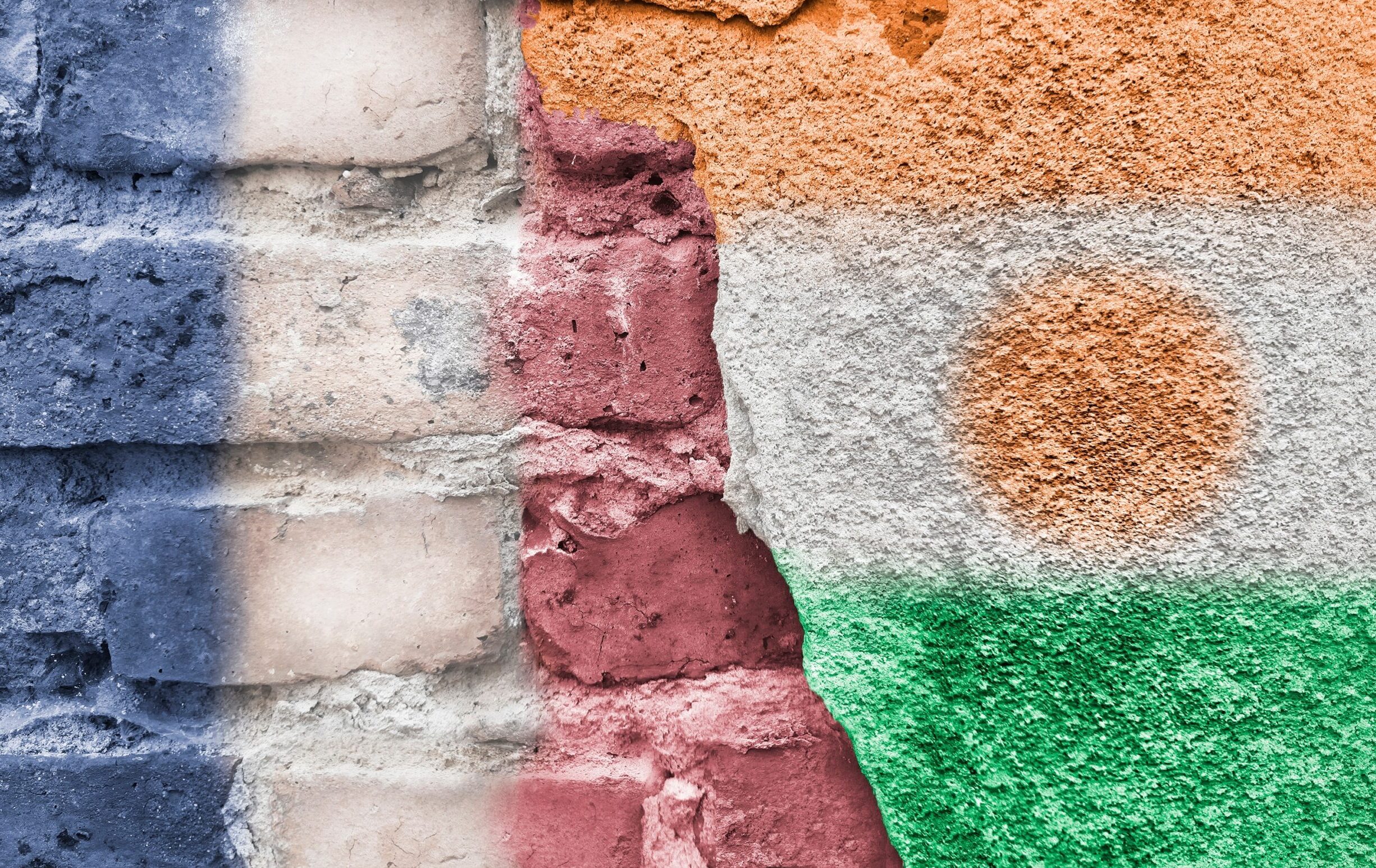This Time, for Africa
State of the Union: France needs to relearn the rules of the old game.

The warning of military intervention in Niger from the West African bloc, the Economic Community of West African States (ECOWAS), passed without a shot being fired. For the uninitiated, Niger faced a military coup, making it yet another country in the region to be under a military junta; its democratically elected government was toppled. Niger, often considered the last pro-Western country in the region and a base to tackle jihadism, has around 1,500 French troops stationed there. Niger also provides around 15 percent (a fifth of total E.U. import) of the uranium supply of France, the nuclear and energy powerhouse of continental Europe.
Alongside Chad and Burkina Faso, this former French colony is also currently under a military rule, one that is now openly hostile to French and Western interests. Complicating matters, the military junta currently in power has invited the Russian mercenary Wagner group to replace Western military trainers. Public hostility against France is also increasing.
The French have not yet responded other than saying they do not accept the coup leadership and will take every measure to ensure French interests are satisfied. Chad and Burkina Faso said that any military intervention against the coup leadership in Niger will be considered an act of war against their respective countries as well. Britain and the U.S. stated, meanwhile, that they support “every step” taken by ECOWAS and major local powers, Nigeria and Ghana against the coup plotters. With bloc formation, Central Africa inches closer to a regional war.
This magazine is reluctant to recommend foreign interventions—war should be a last resort. But this magazine is also realist in its tone; while there is no warrant for an American adventure in Niger, France’s considerations are different.
The borderlands of West-Central Africa are in the grey zones between the already volatile North Africa, which has been destabilized mostly by Western interventions—especially the toppling of Gaddafi—as well as the Arab Spring and jihadism, and the poor southern sub-Saharan Africa. So far, ECOWAS’s biggest supporters, including France, Britain, and the U.S., have shown no appetite for direct intervention, and that in itself is a testament of a changed geopolitical scenario, compared to, say, 2011, when France and Britain roped in the U.S. to topple Gaddafi and destabilize order in a region, the consequence of which Europe is still facing. However, a threat without an appetite to follow through have put ECOWAS in a position where it appears their bluff is being called.
The conflict might not see a massive migration up north, given that the North Africans are sick and tired of sub-Saharan migration. The geopolitical angle is primarily a proxy war between growing Russian influence in the region, and receding French influence.
The only differences are these. Russians are using old school colonial tactics and we are not. The Russians do not care about human rights, nor are they sending their regular troops to intervene. The Wagner group, in this case, is essentially taking the place of the Russian version of East India Company, propping up clients and proxies, and forcing out the West.
The core American interest for a direct intervention is nil. Francafrique is a French sphere of influence; the clue is in the name. We’re speaking about a French game. France is still the most active power in the region. France still has the best human intelligence gathering operation, and understands local customs, culture, and finances. It would be France and Europe that might face the burden of jihadism, and migration.
But, if the local powers take part in stabilizing the region, the equation is different. In an earlier era, France, ostensibly the most ruthlessly realist Western power, would have played the game the way it would have been played, not by a direct military intervention, but by propping up ruthless local autocrats, who would in turn provide the foot-soldiers in any conflict and maintain order in a generally lawless culture.
Absent that, the best one can hope for is helping ECOWAS and other local powers in case of a regional conflict. Helping Africans stabilize Africa, in whichever manner they find suitable, against other local miscreants, is far, far better than sending European troops to die, attempting to restore order in the region. It is Europe’s backyard. Europe should take the primary financial and security burden, as well as re-learn the rules of the oldest game in history.
The post This Time, for Africa appeared first on The American Conservative.









